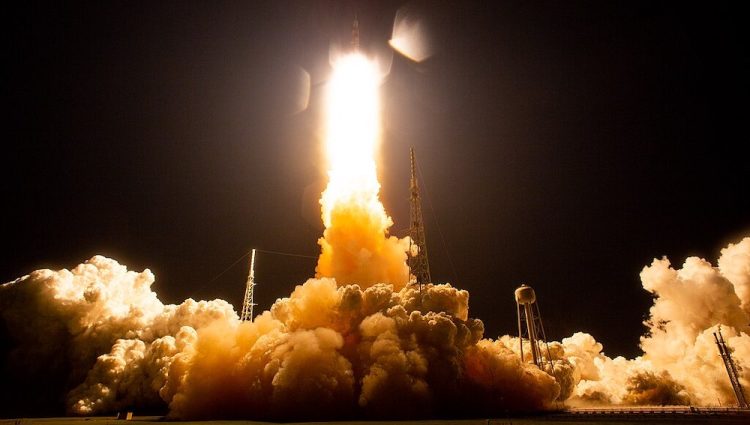The Chinese company China Aerospace Science and Technology Corp (CASC) has conducted key tests of its reusable rocket engine. The engine, weighing 130 tons, utilizes liquid oxygen and kerosene. Developed by CASC’s Sixth Academy, it will power CASC’s reusable rockets such as the Long March 10. CASC engineers conducted two engine firing tests on the ground on Saturday, April 13, as reported by Chinese state media.
However, CASC reportedly performed 15 repeated tests and 30 ignition launches of its new engine, with a total test duration exceeding 3,900 seconds. According to the press release, the 15 repeated tests set a new record for testing a liquid fuel rocket’s main engine in China.
The research team behind the recent engine tests claims that the 130-ton liquid oxygen and kerosene engine is highly reliable. To effectively enable its reuse, engineers had to master multiple ignitions, long-range thrust adjustment, and other technologies.
The team asserts that they have simplified evaluation and maintenance technologies to enhance the engine’s longevity after multiple uses.
“Compared to traditional rockets, reusable rockets involve four main categories of key technologies. Ensuring precise rocket landing, stable landing and rocket return, rocket durability to meet reuse requirements, and quick repairs for local maintenance when needed.”
The rapid progress of China’s space sector is part of its efforts to surpass the US and become the world’s leading space power.
The American space agency NASA has faced criticism for the outdated technology of its Space Launch System (SLS) rocket, which it will use to send astronauts to the Moon. NASA heavily relies on SpaceX for reusable rocket technology; however, China could soon have an arsenal of reusable rockets in state and private ownership.
Last month, reports emerged that China intends to conduct tests of two state-owned reusable rockets in 2025 and 2026. One of these rockets is purportedly the Long March 10, which could potentially transport Chinese astronauts to the Moon in the future.
Several Chinese private companies are developing reusable rockets, with some planning their first test flights this year and next. An example is Galactic Energy, which could launch its reusable rocket Pallas-1 later this year, although it is not expected to survive landing.









